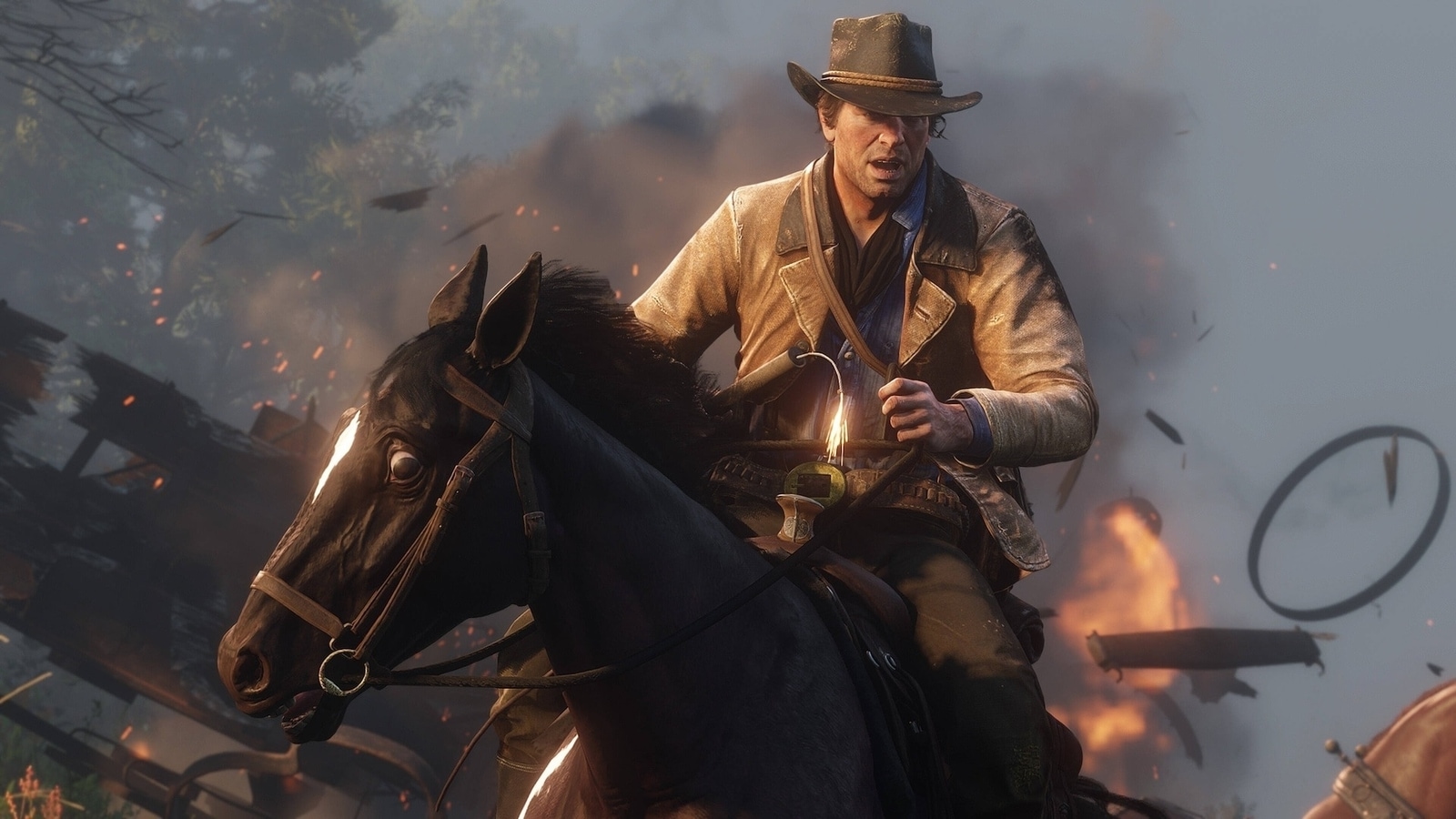The Harlem Chamber Players offered a rare, heartfelt performance of R. Nathaniel Dett’s 1937 oratorio “The Ordering of Moses” at Riverside Church on Friday, as part of a centennial celebration of the Harlem Renaissance that had been delayed by the pandemic.
Timed to coincide with the Juneteenth weekend, the event felt like a broad community gathering, as though a sampling of city dwellers stepped off a subway train and headed to the same place. New Yorkers across ages and races, including a crying baby or two, filled the pews. Some dressed in natty suits, others in picnic shorts. The only thing stuffy about the evening was the weather outside.
With the concert running behind schedule, Terrance McKnight, a host for WQXR and artistic adviser for the ensemble, was on hand to M.C. Noting that the performance was being recorded for his radio station, he encouraged the audience to make some noise: “What’s a Juneteenth celebration in New York City sound like?” The reply: jubilant shouts and applause.
That energy continued into a stirring rendition of “Lift Every Voice and Sing,” arranged for chorus and soprano soloist (a hard-to-hear Janinah Burnett) by the evening’s conductor, Damien Sneed. Known as the Black National Anthem, it brought the congregation to its feet. Sneed’s harmonization gave it a discordant underbelly reflective of struggle — a reminder that it has been only two years since protests for George Floyd swept the globe, and one year since Juneteenth, an annual observation of Emancipation dating to 1866, was consecrated as a federal holiday.
The evening’s centerpiece, “The Ordering of Moses,” tells the story of Exodus: Moses, inspired by God’s call, overcomes his hesitation and leads the Israelites out of Egypt with his sister Miriam.
Dett ingeniously wove spirituals into the typical oratorio structure of soloists and chorus expounding a biblical story with orchestra. In a letter around the time of the premiere, he wrote of the synergy between folk lyrics and scripture, calling it “striking” and “natural.”
The score elides musical styles, as well. The emotional restraint of the soloists’ parts suits the solemn subject, and when their voices intermingle, the lines move perhaps too neatly. But the orchestration admits richer, Romantic influences, and a call-and-response with the chorus gives the music the sway of a spiritual.
Central to the structure is one spiritual in particular, “Go Down, Moses,” and Dett’s bracing fugue on its melody honors its august history. Harriet Tubman sang its promise of deliverance from oppression on the Underground Railroad, and Marian Anderson and Paul Robeson popularized it across a segregated country.
At Riverside Church, the bass section of the Chorale Le Chateau strongly anchored the fugue, and the altos lent it clarity. The tenors and sopranos shied away from the swiftly moving harmonies, reflecting a general timidity among all the choristers when they didn’t have a clear melody to sing.
The tenor Chauncey Parker (Moses) let his voice ring and popped out triumphant high notes. The soprano Brandie Sutton (Miriam) phrased her music with confident individuality, echoing the style of the evening’s dedicatee, the legendary Jessye Norman. The baritone Kenneth Overton (the Word and the Voice of God) sang authoritatively, and the mezzo-soprano Krysty Swann (the Voice of Israel) offered glimmers of radiance in the taxing contralto writing.
In her opening remarks, Liz Player, the Harlem Chamber Players’ executive and artistic director, noted that “The Ordering of Moses” was the ensemble’s largest-ever undertaking. It showed sometimes in the careful tempos and less-than-sure-footed ensemble.
But moments shone. As the story opens up, moving from Moses’ self-doubt to an affirmation of his purpose, so does the music: A lonely cello (touchingly played by Wayne Smith) begins the piece, and an orchestra in full cry ends it, with Parker and Sutton declaiming their lines on high as the chorus cushioned them with long, held notes. The effect was resplendent.
Juneteenth, asserted McKnight, is “a celebration of liberty for all Americans,” and in those final moments, as the music bathed the diverse assemblage in its glow, it seemed he was right.























